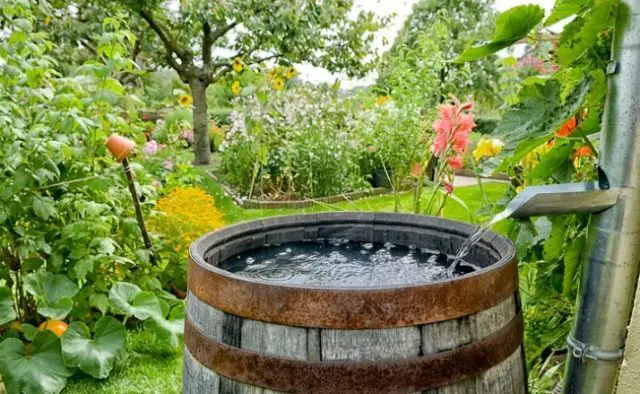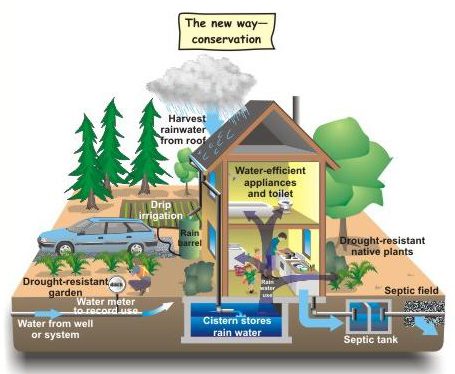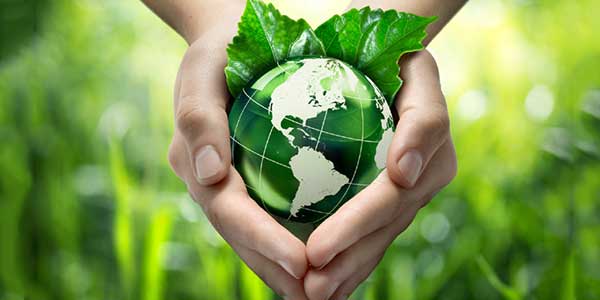The Ministry of Environment and Energy of Costa Rica (MINAE) and the Ministry of Agriculture and Irrigation of Peru (MINAGRI), presented a program that will allow the development of joint actions for the exchange of water harvesting technologies and associated water resources management experiences to the forest between the 2 countries, which has the financing of the European Union (EU) through its EUROCLIMA+ component.
The objective of this initiative is the transfer of practices and successful experiences between both countries, learning in the case of Costa Rica the practice of sowing and harvesting water and in the case of Peru sharing with the Peruvian regions of Piura and Ayacucho, our experience in the payment for eco-systemic services and water cannon.

“This program was born as a measure of adaptation to climate change and will be implemented in the Lower and Middle River basin of the Cañas River in Guanacaste. The initiative aims to recover water for both human consumption and irrigation”, said Pamela Castillo Barahona, Minister of Environment and Energy.
The initiative has the support of MINAE and MINAGRI, through the Forest and Wildlife Service (SERFOR); and was presented by the Association for Integral Research and Development (AIDER) of Peru, as the applicant, and by the Costa Rica Forest Financing Fund (FONAFIFO), as co-applicant.
In addition, as beneficiaries of the cooperation actions it intends to carry out, indigenous and peasant farmers from both countries will participate in the Association of Indigenous and Peasant Association of Community Agroforestry of Central America (ACICAFOC-Costa Rica), the Bartolomé Aripaylla Association (ABA- Peru) and the Regional Water Fund (FORASAN-Peru).
According to the plan of action of this joint proposal, the project will last 2 years and will work with funds amounting to ₵ 600 million.
“The alliance is born from the detection of points in which the experiences of each country can contribute to the other. Costa Rica, on the other hand, has the challenge of improving water supply in tropical dry forest areas, in which Peru has experience; while Peru faces the need for the protection, improvement, and restoration of watersheds, through a payment system for ecosystem services and water cannon, which has already been successfully implemented in Costa Rica”, explained Haydeé Rodríguez, Vice Minister of Water and Sea.
A project supported by cooperation
The proposal presented by Peru and Costa Rica to EUROCLIMA+ intends to take advantage of each country’s experience in topics such as planting and harvesting water, ecosystem payment systems, and the water cannon to work with communities most vulnerable to climate change and promote actions that contribute to mitigation, adaptation, and resilience.

“AIDER is a Peruvian NGO that harmonizes environmental conservation and sustainable development, managing innovative initiatives for the exploitation of tropical forest resources, always under gender equity, interculturality, social inclusion, and participation of the population that lives in and of the forest”, said Jaime Nalvarte, Executive Director of AIDER.
In this way, through this cooperation alliance, the resilience of the populations of both countries will be improved in the face of the effects of climate change; as well as contributing to Peru’s ability to develop financing instruments for the conservation and management of its water resources.
As for the execution of the project, the alliance proposes the constitution of operative teams in both countries, made up of engineers and technicians in the specialties of sowing and harvesting water, ecosystem services, forests and climate change; as well as a social promoter, who will facilitate the relationship with the peasants and residents involved in this action.
These teams will be responsible for conducting field activities and ensure the transfer of technology between the 2 nations, for which there will be a permanent technical exchange of professionals and farmers of both to ensure that technical assistance is direct.


